6 insightful books for understanding global politics
Foreign policy expert Richard Haass, who has served in the administrations of four presidents, shares the books that have shaped his worldview
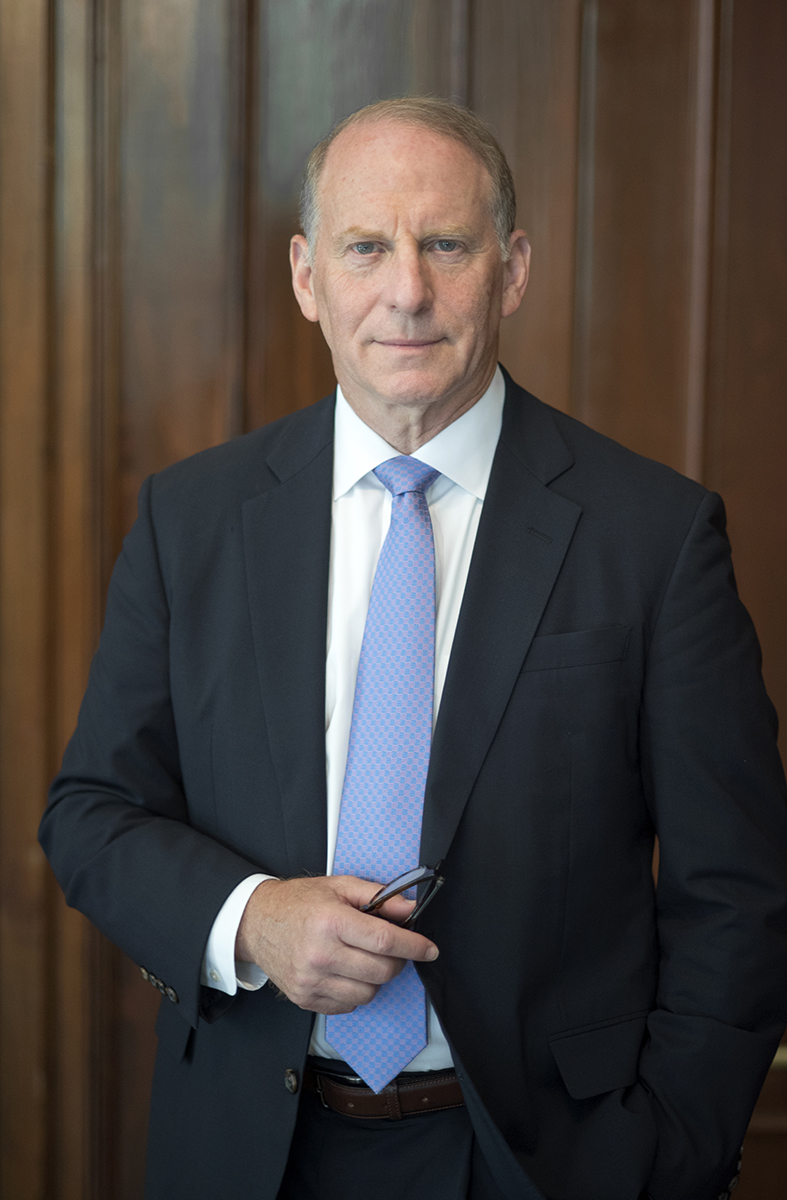
A free daily email with the biggest news stories of the day – and the best features from TheWeek.com
You are now subscribed
Your newsletter sign-up was successful
Richard Haass is president of the Council on Foreign Relations and has served in the administrations of Presidents Carter, Reagan, Bush, and Bush. Below, he shares the books that have shaped his worldview:
The Anarchical Society: A Study of Order in World Politics by Hedley Bull (Columbia, $36).
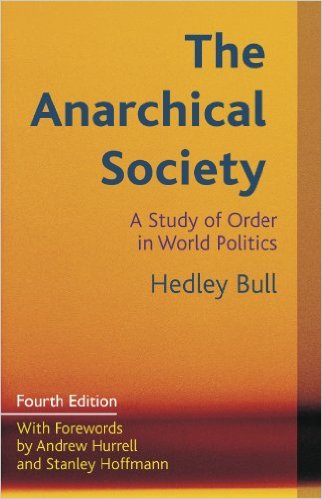
I came to know Hedley in the 1970s at Oxford. As the title of his 1977 book suggests, he argues that the state of the world can be understood as a balance between the forces of anarchy and social order. This book shaped my thinking more than any other.
The Week
Escape your echo chamber. Get the facts behind the news, plus analysis from multiple perspectives.

Sign up for The Week's Free Newsletters
From our morning news briefing to a weekly Good News Newsletter, get the best of The Week delivered directly to your inbox.
From our morning news briefing to a weekly Good News Newsletter, get the best of The Week delivered directly to your inbox.
A World Restored: Metternich, Castlereagh and the Problems of Peace, 1812–22 by Henry Kissinger (Echo Point, $22).
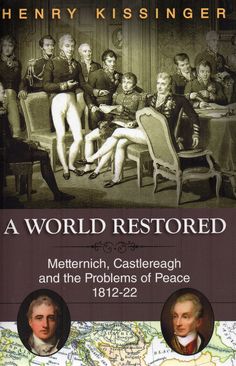
Kissinger is the great scholar-practitioner of our age. His 1957 book, a history of the early 19th-century Congress of Vienna and its aftermath, began as his Harvard doctoral dissertation. It is filled with sharp character portraits as well as much general wisdom.
The Proud Tower: A Portrait of the World Before the War, 1890–1914 by Barbara W. Tuchman (Random House, $18).
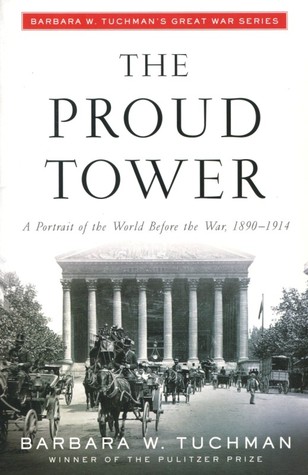
Tuchman is one of the 20th century's most popular historians. I chose her 1966 book, a collection of eight essays on Europe's political and cultural landscape on the eve of World War I, because it hooked me on reading history.
A free daily email with the biggest news stories of the day – and the best features from TheWeek.com
The Quiet American by Graham Greene (Penguin, $17).
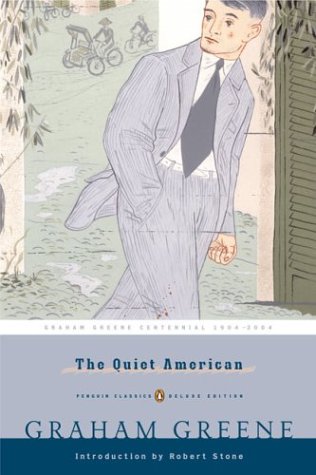
First published in 1955, just after the fall of colonial rule in Southeast Asia, this novel was prescient in suggesting why and how the United States would fail in Vietnam. Through reading it, I learned that good fiction has as much to teach as nonfiction.
Present at the Creation: My Years in the State Department by Dean Acheson (Norton, $38).
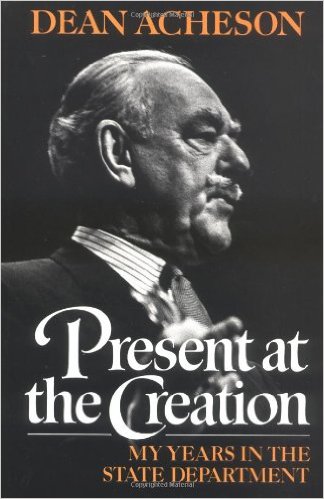
Acheson swore he'd never write about his time as Harry Truman's secretary of state, saying that it would inevitably turn into an exercise in self-justification. He broke his promise in 1969 with this excellent, Pulitzer Prize–winning memoir, which covers what is arguably the most creative period of modern American foreign policy.
Thinking in Time: The Uses of History for Decision Makers by Richard E. Neustadt and Ernest R. May (Free Press, $20).
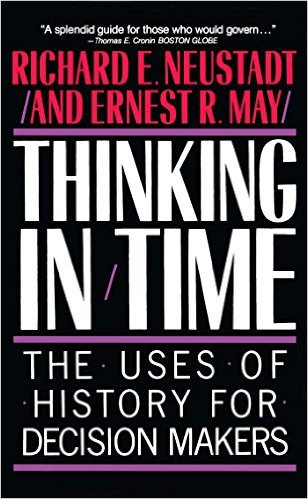
Written three decades ago by two of my former Harvard colleagues, this book draws lessons from America's successes and blunders on the world stage. It should be required reading for anyone thinking about or practicing foreign policy.
— Richard Haass recently released his new book, A World in Disarray: American Foreign Policy and the Crisis of the Old Order.
-
 Japan’s Takaichi cements power with snap election win
Japan’s Takaichi cements power with snap election winSpeed Read President Donald Trump congratulated the conservative prime minister
-
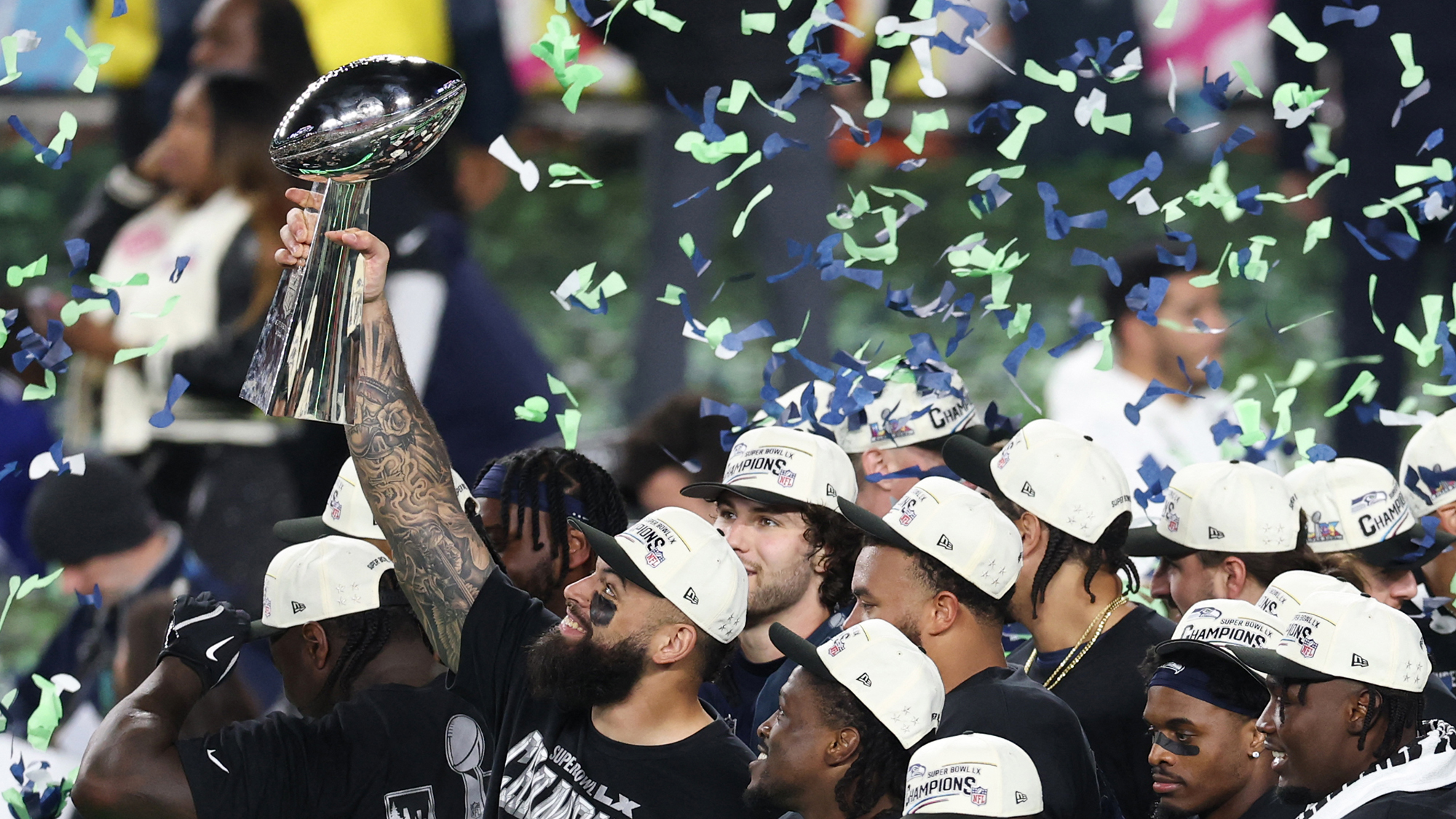 Seahawks trounce Patriots in Super Bowl LX
Seahawks trounce Patriots in Super Bowl LXSpeed Read The Seattle Seahawks won their second Super Bowl against the New England Patriots
-
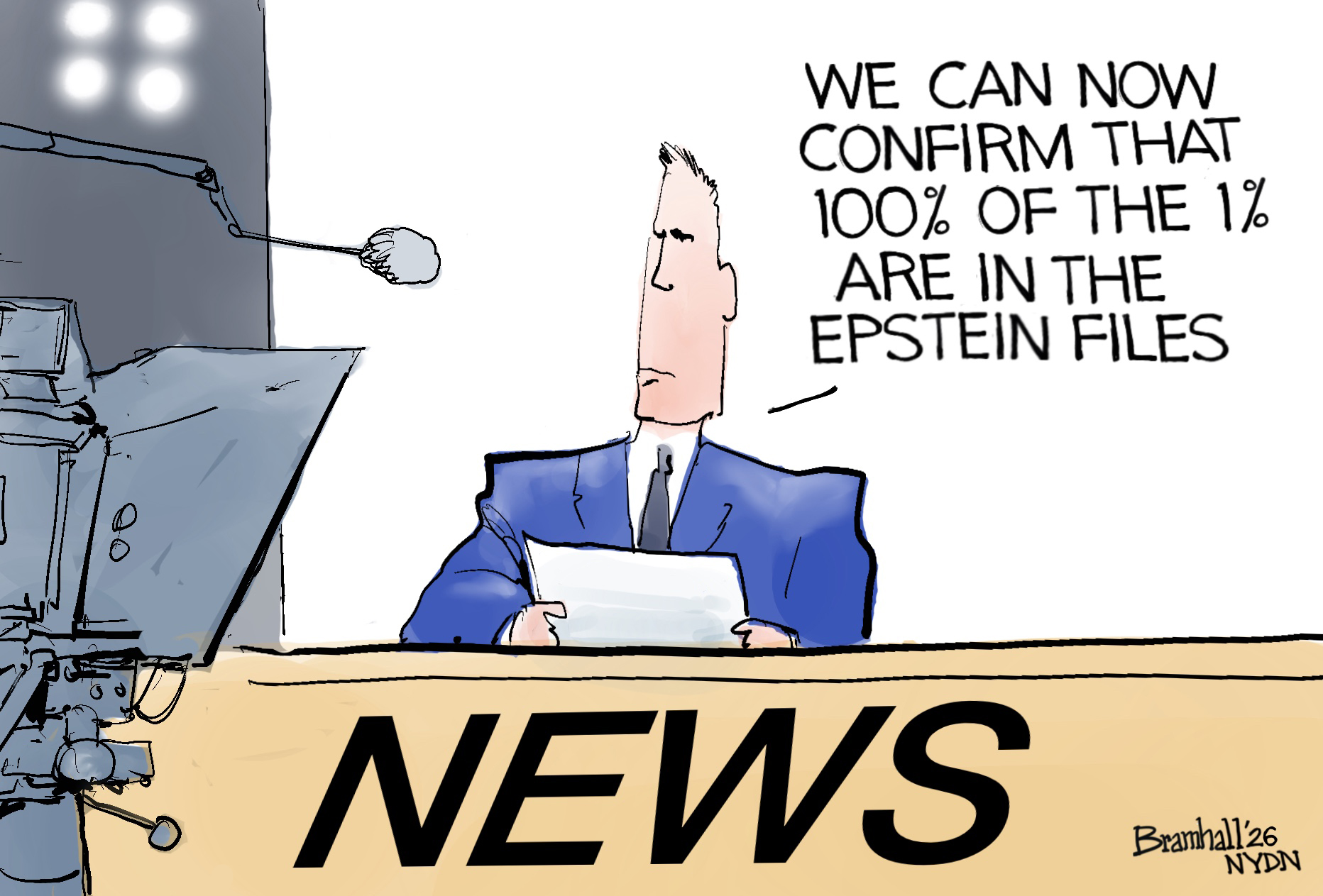 Political cartoons for February 9
Political cartoons for February 9Cartoons Monday's political cartoons include 100% of the 1%, vanishing jobs, and Trump in the Twilight Zone
-
 The billionaires’ wealth tax: a catastrophe for California?
The billionaires’ wealth tax: a catastrophe for California?Talking Point Peter Thiel and Larry Page preparing to change state residency
-
 Bari Weiss’ ‘60 Minutes’ scandal is about more than one report
Bari Weiss’ ‘60 Minutes’ scandal is about more than one reportIN THE SPOTLIGHT By blocking an approved segment on a controversial prison holding US deportees in El Salvador, the editor-in-chief of CBS News has become the main story
-
 Has Zohran Mamdani shown the Democrats how to win again?
Has Zohran Mamdani shown the Democrats how to win again?Today’s Big Question New York City mayoral election touted as victory for left-wing populists but moderate centrist wins elsewhere present more complex path for Democratic Party
-
 Millions turn out for anti-Trump ‘No Kings’ rallies
Millions turn out for anti-Trump ‘No Kings’ ralliesSpeed Read An estimated 7 million people participated, 2 million more than at the first ‘No Kings’ protest in June
-
 Ghislaine Maxwell: angling for a Trump pardon
Ghislaine Maxwell: angling for a Trump pardonTalking Point Convicted sex trafficker's testimony could shed new light on president's links to Jeffrey Epstein
-
 The last words and final moments of 40 presidents
The last words and final moments of 40 presidentsThe Explainer Some are eloquent quotes worthy of the holders of the highest office in the nation, and others... aren't
-
 The JFK files: the truth at last?
The JFK files: the truth at last?In The Spotlight More than 64,000 previously classified documents relating the 1963 assassination of John F. Kennedy have been released by the Trump administration
-
 'Seriously, not literally': how should the world take Donald Trump?
'Seriously, not literally': how should the world take Donald Trump?Today's big question White House rhetoric and reality look likely to become increasingly blurred